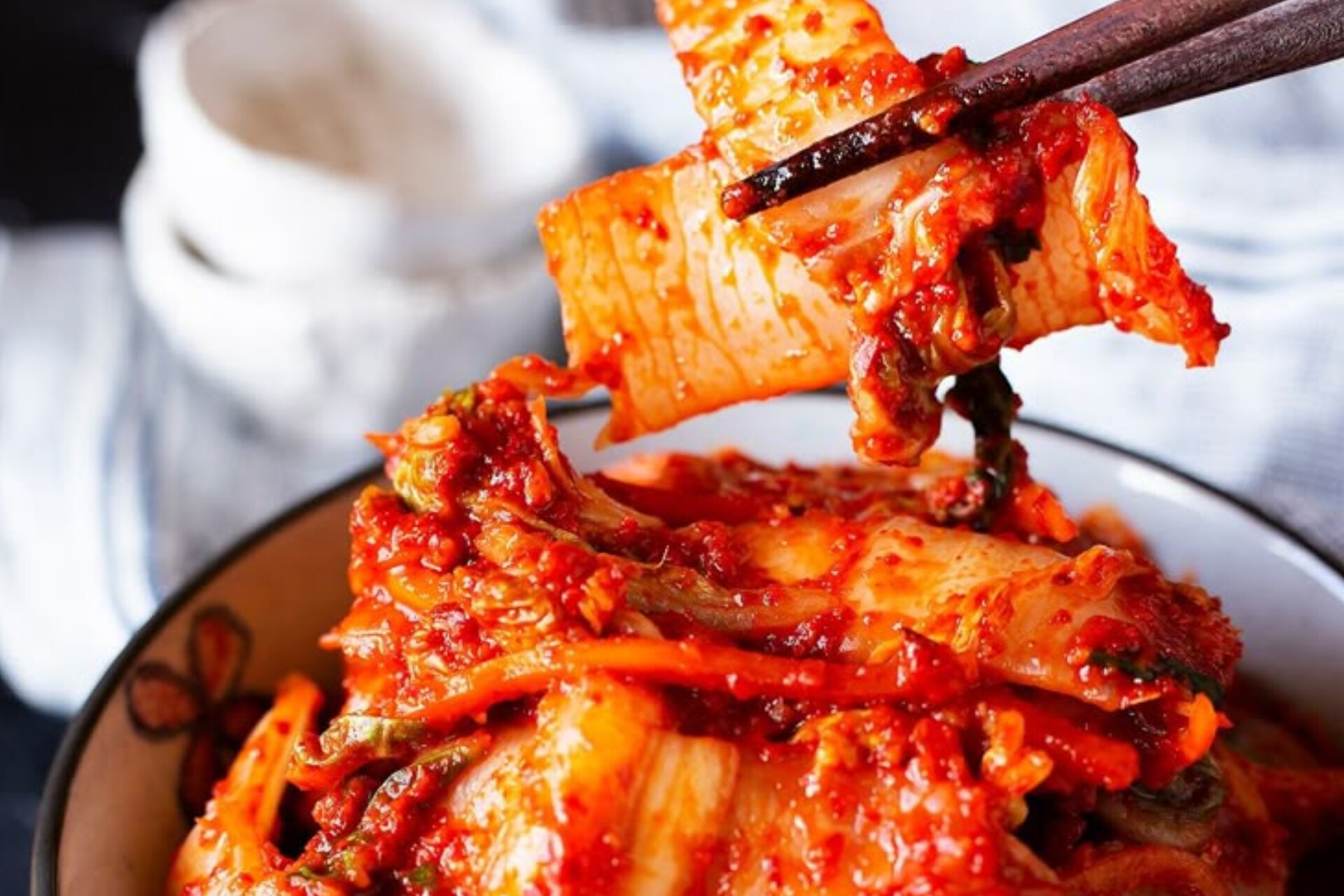
Open any wellness influencer’s fridge and you’ll find an impressive collection of bubbling jars, fermented sauces, and probiotic-rich foods that would make a microbiologist weep with joy. What was once considered “weird health food” has officially entered the mainstream, with fermented foods appearing everywhere from high-end restaurant menus to gas station coolers.
Fermentation revolution isn’t just about following trends—it’s about rediscovering ancient food preservation techniques that happen to align perfectly with our modern understanding of gut health, sustainable eating, and complex flavor development.
This isn’t just kimchi and kombucha anymore. We’re talking about a complete fermented lifestyle that’s transforming how we think about food, health, and the microscopic ecosystem living in our digestive systems.
The Knowledge Behind the Fermentation Fascination
Your Second Brain Lives in Your Gut
Recent research has revealed the gut-brain connection in stunning detail. Your intestinal microbiome produces neurotransmitters, influences mood regulation, and communicates directly with your brain through the vagus nerve. Fermented foods directly feed this system, potentially affecting everything from anxiety levels to cognitive function.
The Diversity Advantage
Modern processed foods have dramatically reduced the diversity of bacteria in our digestive systems. Fermented foods help restore this diversity, and the health implications are profound—better immunity, improved digestion, enhanced nutrient absorption, and even clearer skin.
Beyond Probiotics:
When beneficial bacteria ferment food, they create metabolites, bioactive compounds that can be more beneficial than the original food components. These include vitamins, short-chain fatty acids, and other compounds that support various body systems.
The Fermented Food: What’s Trending Now
Korean Kimchi Culture Goes Global
Kimchi has evolved from specialty ingredient to mainstream staple, appearing in everything from burgers to pizza. The appeal goes beyond probiotics—kimchi offers complex umami flavors, satisfying crunch, and enough spice to satisfy heat seekers while remaining approachable for spice newcomers.
The Versatility Factor: Unlike many fermented foods that work only in specific contexts, kimchi enhances nearly everything—eggs, grilled cheese, noodle bowls, and salads all benefit from kimchi’s complex flavor profile.
Kombucha’s Evolution
First-generation kombucha was often criticized for being too sour or alcoholic. Today’s versions offer sophisticated flavor profiles, lower sugar content, and targeted functional ingredients like adaptogens and nootropics.
The Social Aspect: Kombucha has become the sophisticated alternative to wine or cocktails, offering complex flavors and potential health benefits without alcohol’s drawbacks.
Ancient Grains Get Fermented
Sourdough bread sparked interest in grain fermentation, leading to exploration of fermented oats, quinoa, and other ancient grains. These processes enhance nutrient availability while creating unique textures and flavors.
Vegetable Fermentation Beyond Pickles
Creative fermentation is transforming vegetables most people have never considered pickling. Fermented carrots, beets, cauliflower, and even watermelon rinds are appearing in artisanal product lines and home kitchens.
Health Benefits That Go Beyond Gut Health
Immune System Support
Since roughly 70% of your immune system resides in your gut, maintaining healthy intestinal bacteria directly supports immune function. Regular fermented food consumption is associated with fewer respiratory infections and better overall immunity.
Mental Health Connection
The gut-brain axis means that digestive health directly influences mental well-being. Many people report improved mood stability, reduced anxiety, and better stress management when they regularly consume diverse fermented foods.
Nutrient Enhancement
Fermentation can dramatically increase the bioavailability of nutrients in foods. Vitamin C levels increase in fermented cabbage, B vitamins multiply in fermented grains, and mineral absorption improves across fermented foods.
Anti-Inflammatory Effects
Many fermented foods contain compounds that help reduce chronic inflammation, potentially supporting heart health, joint function, and overall longevity.
The Preservation Advantage
Fermentation extends food shelf life naturally, reducing food waste while creating more nutritious versions of perishable ingredients. This aligns perfectly with sustainable eating goals and budget consciousness.
Investment in Long-term Health
While premium fermented foods cost more upfront, many people view this as preventive healthcare spending. Better digestive health can translate to fewer medical expenses and improved quality of life.
Fermented Foods Around the World
European Traditions
Sauerkraut, kefir, and aged cheeses represent centuries of European fermentation expertise. These foods sustained populations through harsh winters and long sea voyages, proving their nutritional density and preservation power.
Asian Mastery
Miso, tempeh, natto, and countless pickled vegetables showcase Asian cultures’ sophisticated understanding of fermentation for both flavor enhancement and health benefits.
African Innovation
Ethiopian injera bread, South African biltong, and various fermented grain porridges demonstrate how fermentation supports nutrition in challenging climates.
Latin American Creativity
From Mexican tepache to Peruvian chicha, Latin American fermentation traditions often combine fruits, grains, and spices in unique ways that create both nutritious and celebratory foods.
Whether you start with a daily kombucha habit or dive deep into home fermentation projects, you’re participating in an ancient practice that’s perfectly adapted to modern life. Your gut bacteria have been waiting patiently for this reunion, it’s time to give them the diverse, fermented feast they deserve.

